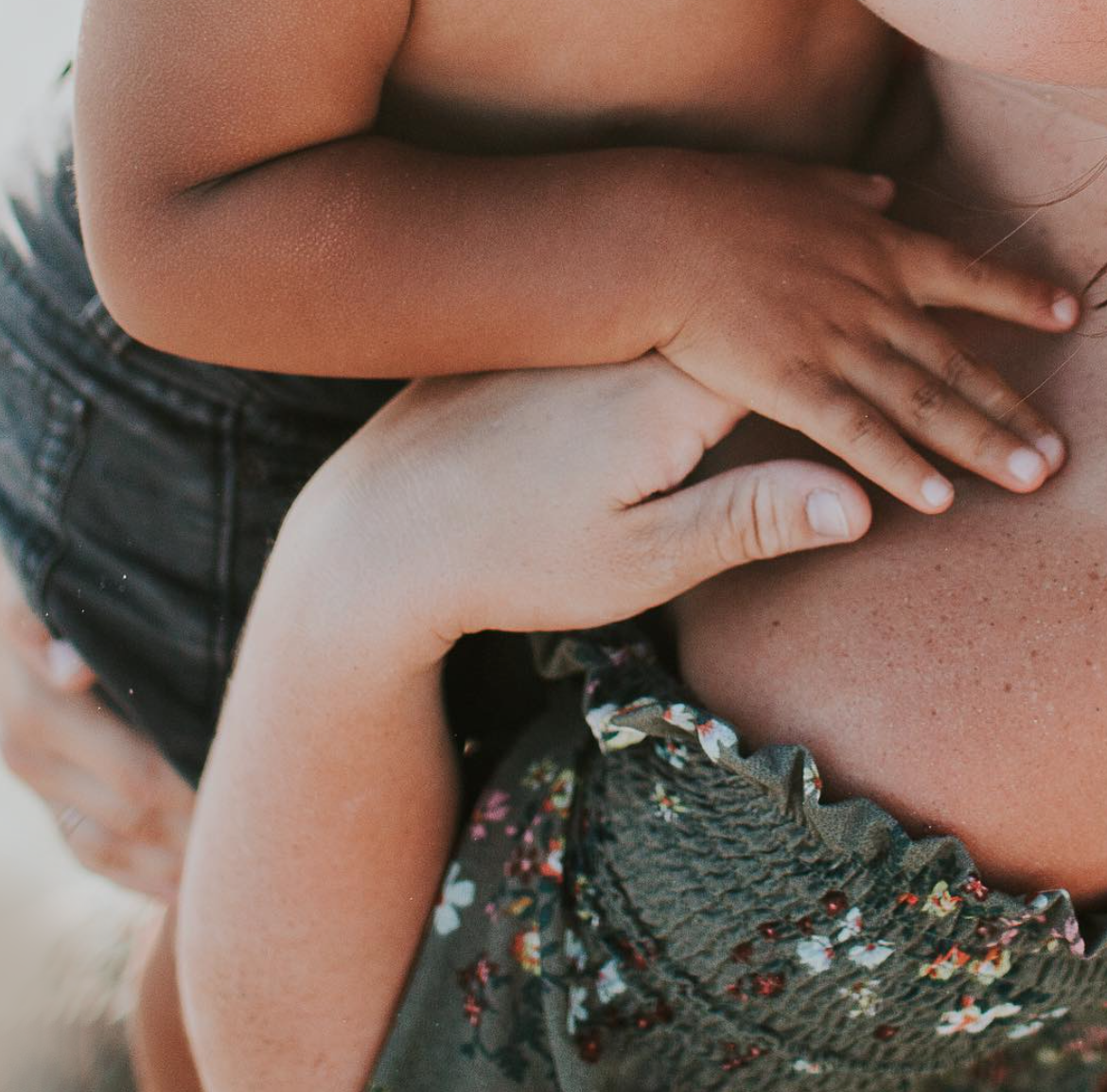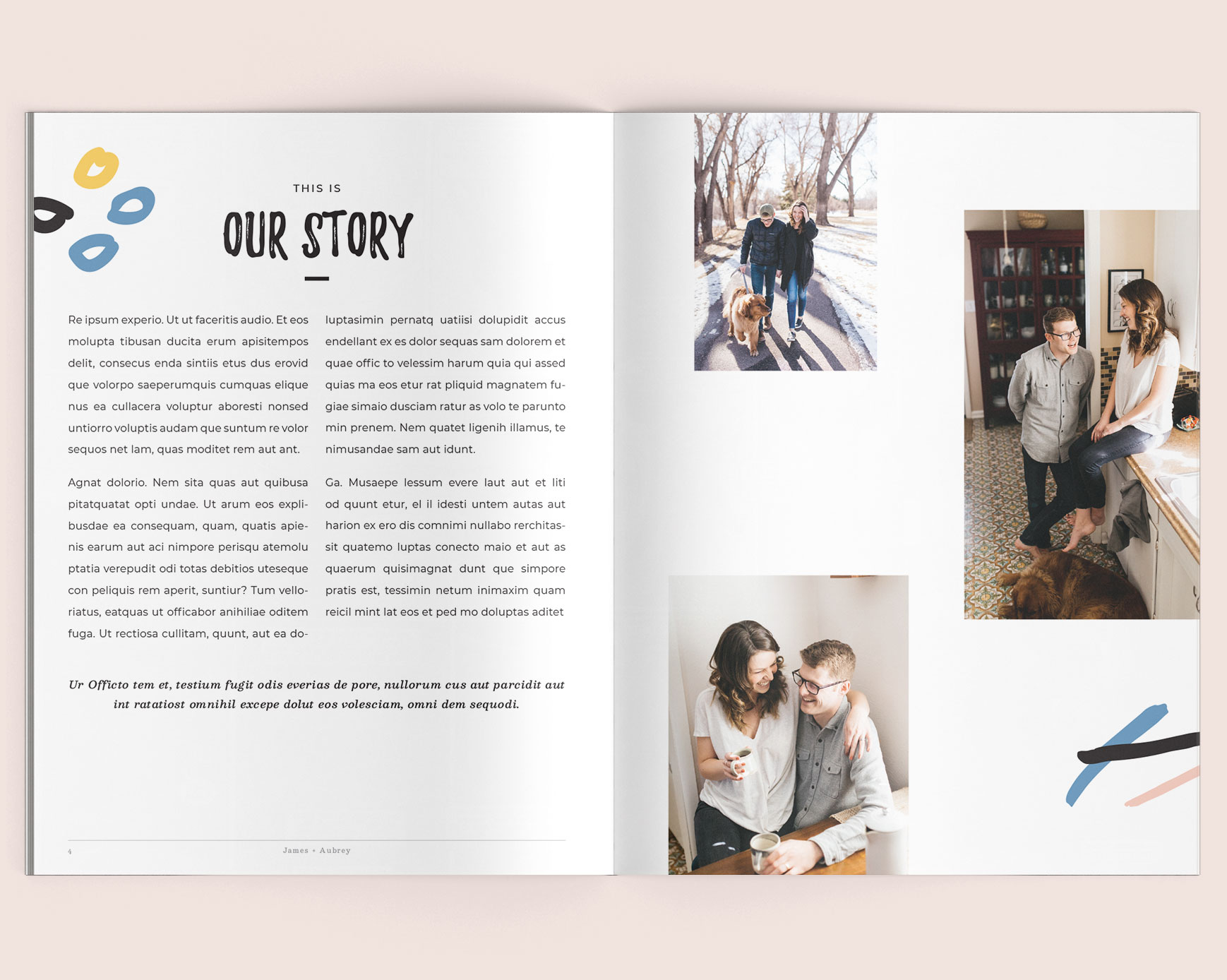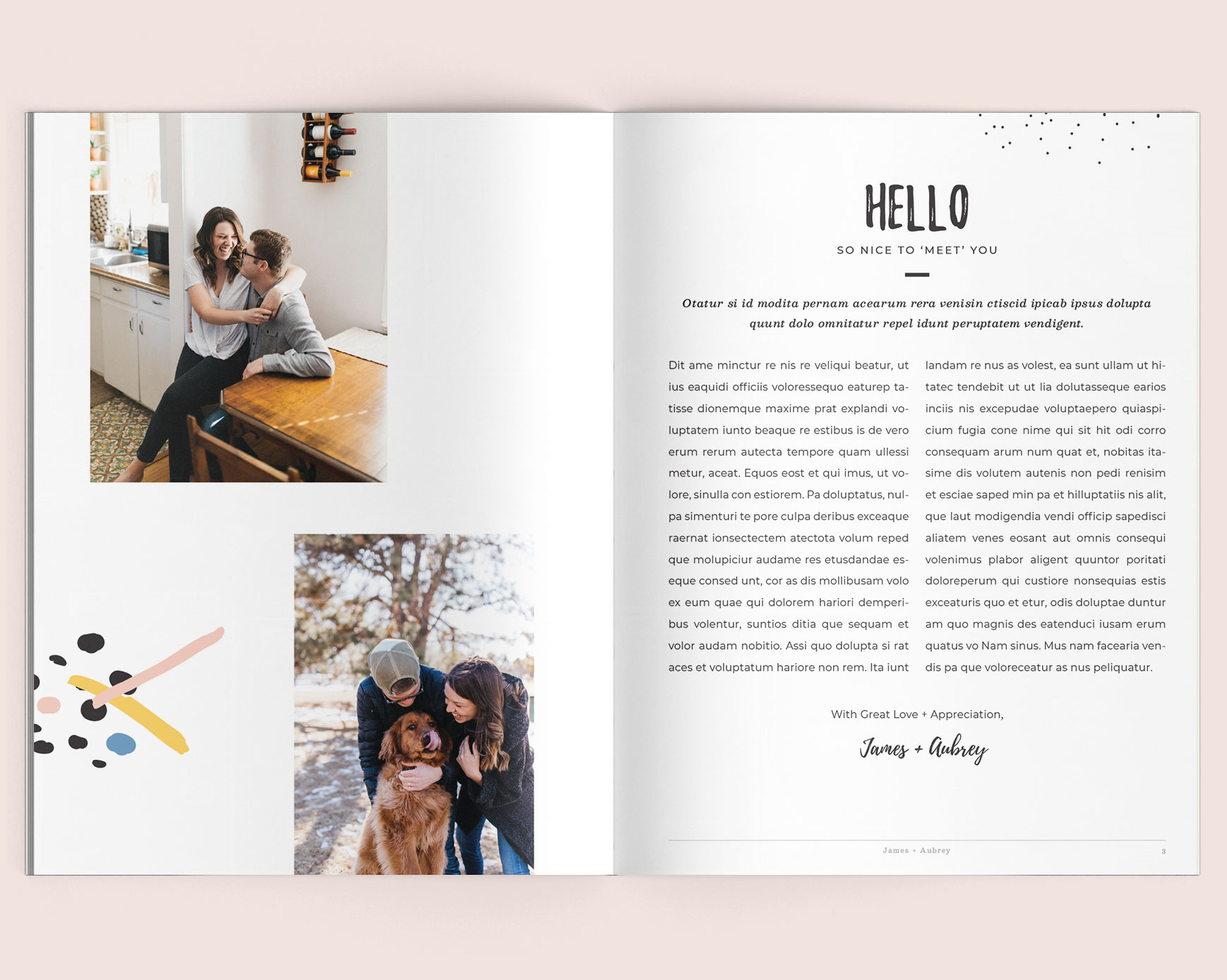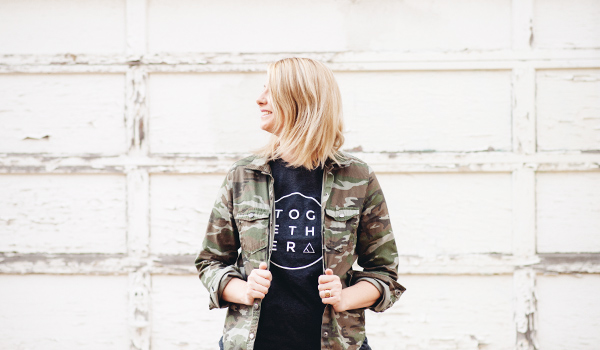I used to think wanting both kinds of families in my life was by default, choosing one over the other.
“It doesn’t seem like we were enough for you”.
I was too young to know how to articulate why this statement was untrue. I didn’t know how to vocalize why knowing my birth-family was a warranted need of mine, and existed regardless of how great my adoptive family was. I also didn’t have adopted friends to learn from on the subject, much less adopted friends who’d also found their birth family via MySpace at the age of 15.
Now, at the age of 27, I realize I shouldn’t have had to explain myself at all. But the adoption process, education, and norms looked a lot different back then. I was an anomaly going against the grain of ‘just being thankful for my adoptive parents’ and ‘not needing my birth family as a result’.
I remember all the people who’d seen my adult-life reunion with my birth-family and said, “Wow. I bet that was really hard for your adoptive parents”.
I remember hearing few others acknowledge how incredibly emotional it must’ve been for my birth-family to lose me or not know me, and then get to meet me after 19 years apart. And fewer still mention how significant it must’ve been for me to have this previously lost piece of my story.
I’ve since noticed this trend in the adoption community, where many adoptive parents seem to operate out of their own insecurity in dismissing their child’s need for their birth family. It’s what’s made me realize where adoption education requirements are lacking most: teaching hopeful adoptive parents that their adopted children will have needs that they themselves cannot fulfill.
Why pretend to fill a role that someone else holds? Especially when the alternative contributes to validating the experience of your adoptee. It’s saying, “I know you wish your birth-mom lived closer, and it sucks that she doesn’t. That is such a loss for you and her. ” or, “It’s so great that you want to spend time with your biological family – we could never replace them!”
I often wonder how much different my childhood adoptee experience would’ve been if I didn’t have to wait until I was 18 to talk to my birth-family. My adoptive family and I would’ve had many years to walk together through the tension of having two kinds of very real and necessary families. Instead, my adoptive family was forced into my sudden ability as an adult to do as I wished even if it wasn’t supported by them. If we’d all been connected from the beginning, my birth-family and I wouldn’t have to be making up for lost time, wishing we’d have been able to share in the milestones of life as it was happening. This wouldn’t have been a normal situation in the 90’s, unfortunately. But I still grieve that reality and wish my story had been different.
One of the most healing realizations for me as an adoptee has been acknowledging that longing for my story to have included my birth-family has nothing to do with my adoptive one. Even if my childhood had been perfect in every single way, I would still have had a primal wound due to the trauma I experienced in being separated from my first mother at birth. I would still have had longings unfulfilled and questions I didn’t like the answers to as I grew.
When I speak openly about how I wish my story had gone, all too often someone says, “but don’t you think that would have been confusing for you? Or too hard to deal with?”
My answer is consistent. Yes, it would have been confusing. Yes, it would have been hard. But I was already confused and struggling, without my birth-mom to process alongside of. Without my birth-siblings to grow up knowing. I believe I would have been far less confused and far less emotionally unhealthy, if I’d have been able to know the first family I came from throughout my life. To ask them about my story, since it began with them. To see where I got my smile or eyes, skin tone or hair.
My adoptive parents have done such significant things since my reunion to promote healing in my story. By far my favorite one is when my adoptive mom made my birth-mom a scrapbook detailing every year of my life she’d missed. It included pictures and notes from journal entries my adoptive mom kept about me. She asked me to give it to my birth mom one year at Christmas, and we got to cry together as she paged through it. This was more than pictures and words to me, it was my two different kinds of moms sharing in the most significant thing they’d ever shared in: me.
My heart is hopeful as I see how much the adoption community has changed since that 90’s decade. The emphasis has switched to openness, and the education includes more triad voices. Agencies are starting to equip prospective adoptive parents with an understanding of what openness can look like now, going far beyond letters and pictures. This wasn’t how it was done in 1993. And there’s really no one person to blame for that being the case – it just was, like much of history, a sad reality.
The good news is, this is 2020. A time where the marginalized voices are being acknowledged as needed in order to grow. The adoptee voice has often been missed, but that is no longer as often the case. We are here, and we are advocating for ownership over our own stories. I earnestly pray that more adoptees grow up being able to do life with their first families, instead of living without them and making up for lost time later.
Like my grandma always said about my reunion, “it’s more people to love her!” And isn’t there always room for more of that? Love?
WRITTEN BY COURTNEY MCLEAN
Courtney McLean is a transracial adoptee and adoptive mama from Milwaukee, Wisconsin. As an Enneagram 2, this gal’s got high intuition and a weakness for crying in any remotely sad movie. She’s passionate about coaching prospective or current adoptive parents to better support their adoptees’ experience and story. You’ll most often find her writing or speaking about adoption, anti-racism, faith or marriage over on her Instagram @courtymclean.










